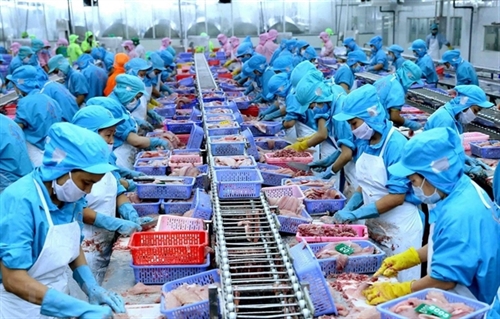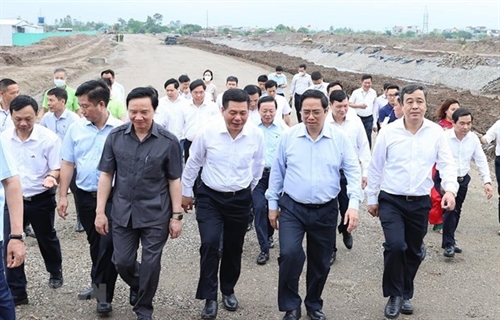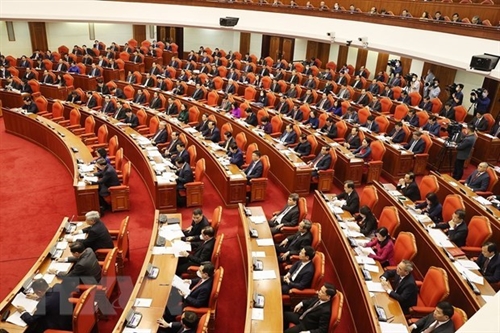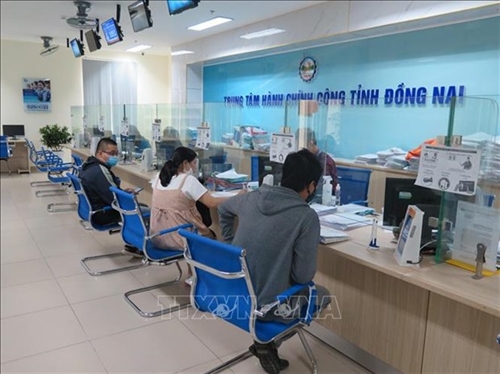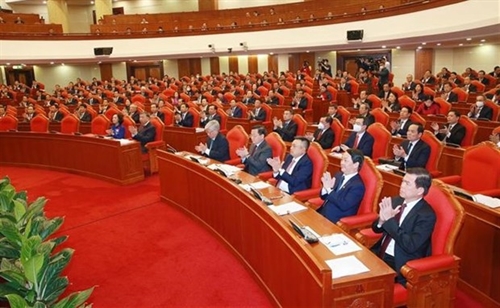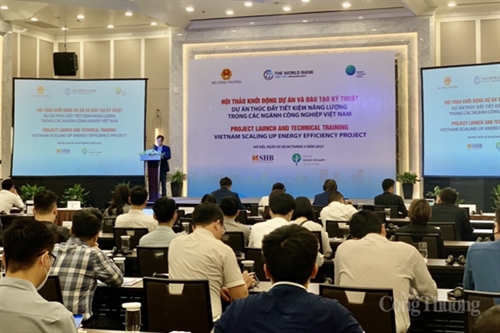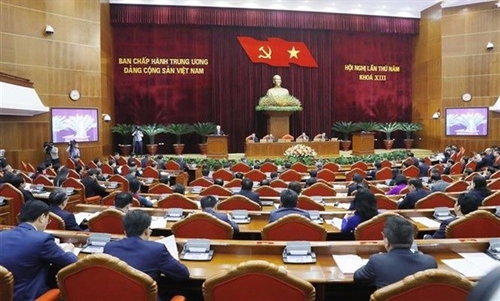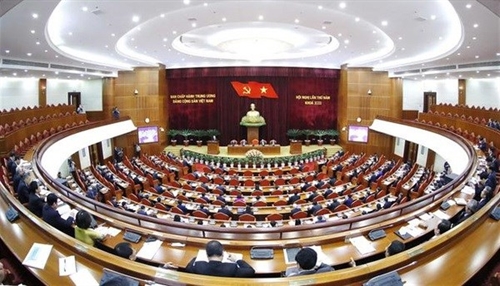UNDP Resident Representative in Vietnam Caitlin Wiesen has highlighted the importance of the findings from the 2021 PAPI Report for deepening the understanding of the impacts of COVID-19 pandemic on democratic governance that can help support the governments in preparing for future economic and health crises.
The official made her remarks at the launching ceremony of the 2021 Vietnam Provincial Governance and Public Administration Performance Index (PAPI) held in Hanoi on May 10.
She expressed her hope that the sharing of data would also provide insights for the 2022 legislative agenda which encompasses important areas of law measured by PAPI, in particular the Law on Exercise of Democracy at the Grassroots Level and the revised Land Law.
For her part, Australian Development Counselor Cherie Russell said: “The PAPI survey plays a crucial role in Vietnam by allowing governments at all levels to improve its decision making, policies, and service delivery to communities based on credible data from citizens. As Vietnam seeks to move toward upper-middle income and then high-income status, it will be vital that governments have the ability to understand their citizens’ experiences and adapt and improve their policy approaches based on real-time feedback.”
At the event, Nguyen Huu Dung, Vice President of the Vietnam Fatherland Front Central Committee, said PAPI has helped promote vertical accountability toward citizens, and contributed to innovation in the public sector to meet the Communist Party of Vietnam’s recently set goal that “people benefit”, aside from the conventional aims of “people know, people discuss, people do and people verify” in grassroots democracy implementation.
For the 2021 PAPI Report, 15,833 randomly selected citizens were surveyed. As many as 162,066 Vietnamese citizens nationwide have been directly interviewed for PAPI since 2009.
Similar to previous years, the 2021 PAPI Report presents detailed findings on how provinces performed across the eight PAPI dimensions, namely: participation at local levels, transparency in local decision-making, vertical accountability, control of corruption in the public sector, public administrative procedures, public service delivery, environmental governance, and e-government, as well as in the aggregate PAPI scores.
Compared to the 2020’s findings, 30 provinces made improvements to their performances in public service delivery, environmental governance and e-government. However, 30 provinces also saw declines in dimensional scores of participation at local levels, transparency in local decision-making, vertical accountability, and control of corruption in the public sector. More better-performing provinces are found in the northern region, while most Central Highlands, South Central Coast and Mekong Delta provinces saw dips in performances. Ho Chi Minh City was among the five centrally run municipalities in the low-performing quartile, perhaps a result of long-term pandemic lockdowns.- (VLLF)
